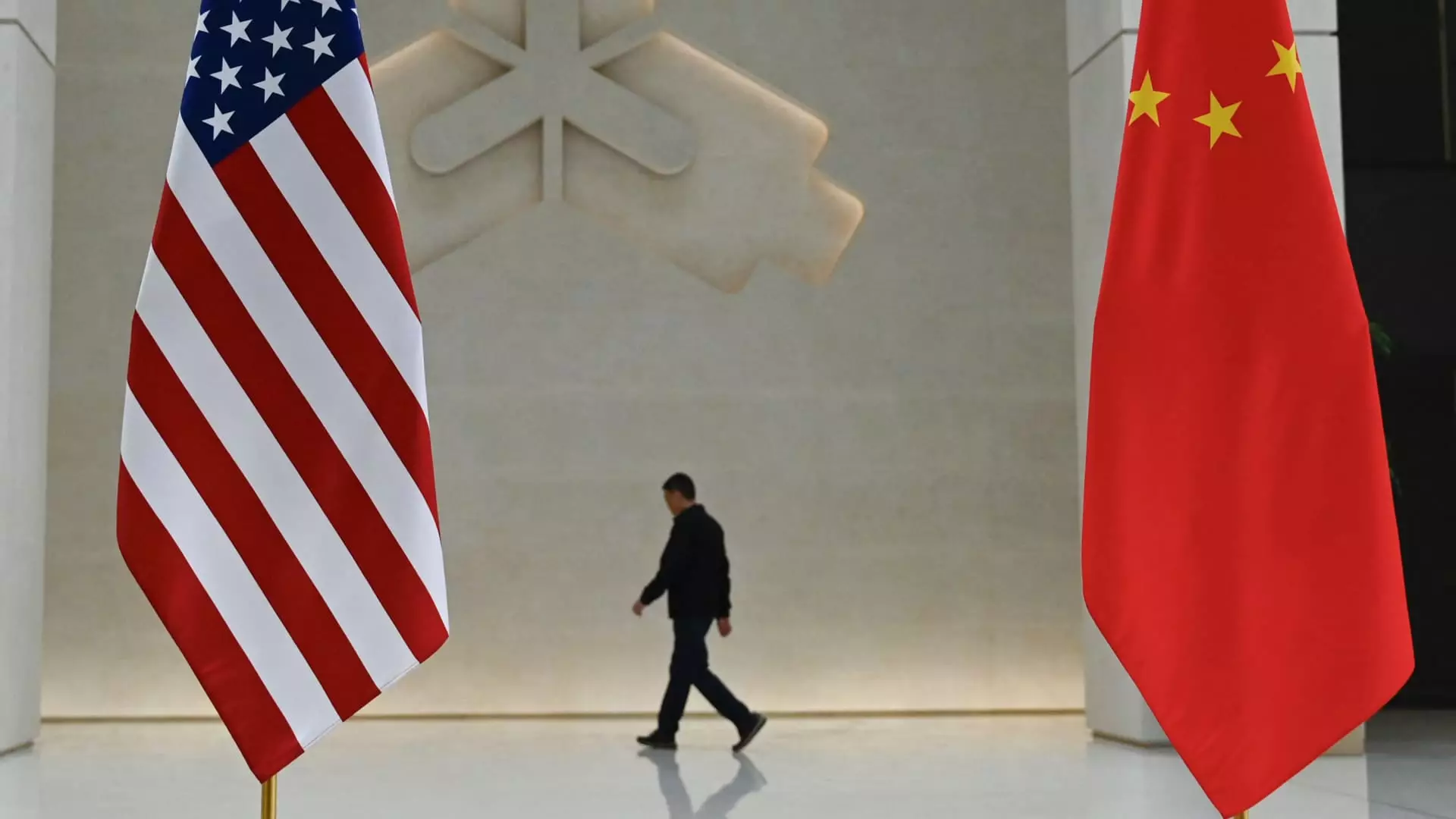The U.S. Deputy Secretary of State, Kurt Campbell, recently mentioned the possibility of easing travel advisories against Americans traveling to China. This move comes after recognizing concerns that the warnings may have hindered exchanges between individuals from both countries. Despite this, Campbell also highlighted the potential risks of China’s support for Russia’s actions in Ukraine, which could jeopardize efforts to stabilize relations between Washington and Beijing.
Communication channels between the U.S. and China have started to normalize after a period of heightened tensions. Campbell acknowledged this positive development during an event hosted by the National Committee on U.S.-China Relations. While the two countries’ leaders have expressed interest in enhancing people-to-people exchanges as a means of managing geopolitical competition, the ongoing situation in Ukraine remains a significant point of contention.
Ambiguity Surrounding Travel Advisories
The State Department has been periodically issuing warnings to Americans about traveling to China, citing concerns about arbitrary enforcement of local laws, exit bans, and wrongful detentions. Despite these advisories, the number of Chinese students studying in the U.S. exceeds the number of American students in China by a considerable margin. This raises questions about the effectiveness of travel warnings in influencing people’s travel decisions.
Concerns about China’s Support for Russia
Campbell expressed unease about China’s substantial support for Russia’s military actions in Ukraine. He warned Beijing about the potential consequences of continuing to back Russia in this conflict, emphasizing that such actions could significantly impact the U.S.-China relationship. The prospect of Russia gaining territory in Ukraine and the involvement of countries like China and North Korea in these activities poses a threat to the balance of power in Europe.
In addition to political tensions, Campbell also raised concerns about the influx of Chinese migrants coming to the U.S. due to economic challenges in China. Despite the growing number of individuals seeking better opportunities in the U.S., he noted that Beijing has not taken significant steps to address this trend. The sheer scale of migration from China to the U.S. has become a point of increasing concern for U.S. officials.
The U.S. government’s approach to travel advisories for China reflects the complex nature of diplomatic relations between the two countries. While efforts are being made to enhance people-to-people exchanges and normalize communication, challenges arise from geopolitical tensions, economic factors, and differing stances on international conflicts. Navigating these issues requires a delicate balance between engagement and vigilance to ensure the stability of the U.S.-China relationship in the long run.


Leave a Reply